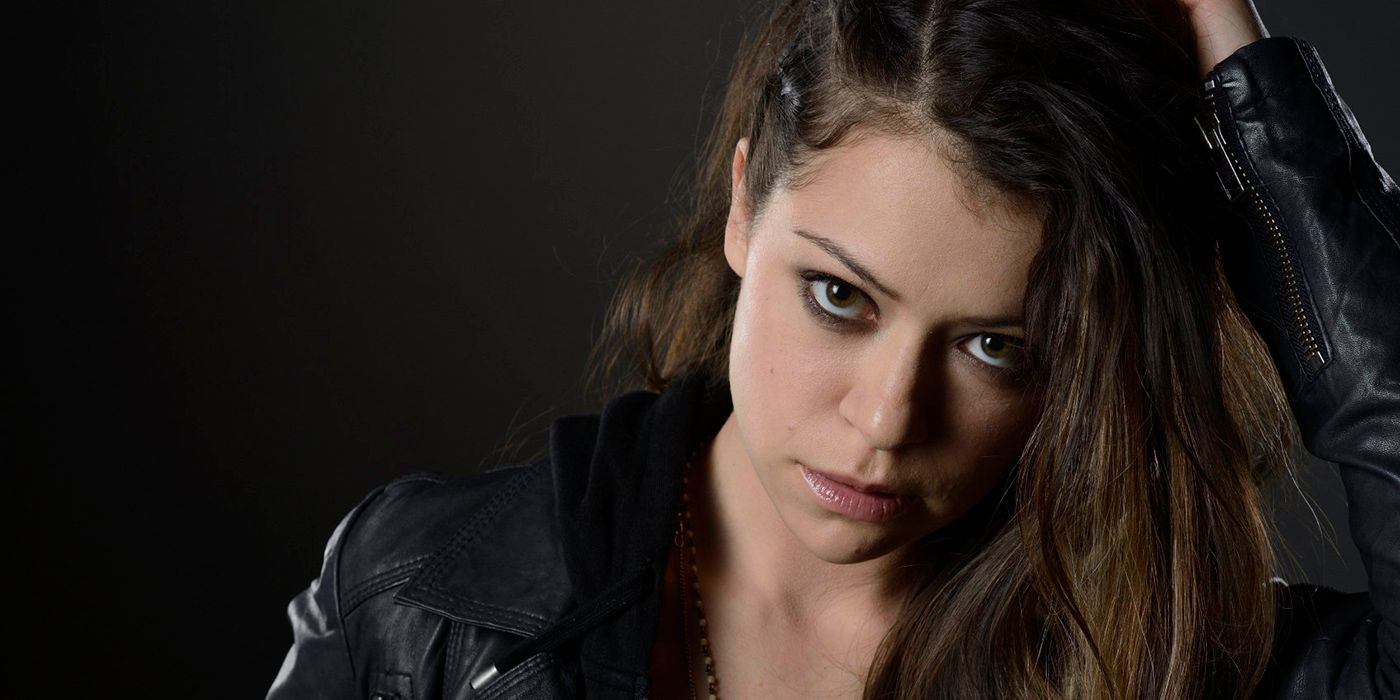Following the news of a new, non-spinoff or reboot series of sci-fi drama Orphan Black was in production, it’s now been announced that the saga will continue in a series of audio dramas. Created by John Fawcett and Graeme Manson and running from 2013 to 2017, the series aired 50 episodes over five seasons and dealt with issues such as morality, identity, what effect a child’s upbringing has on the person they grow into, and the ethical ramifications of human cloning.
Orphan Black begins when Sarah, a streetwise thief, con artist and hustler, witnesses the suicide of a woman who looks exactly like her and assumes her identity, while at the same time is inducted into a group of women who are united by the realization that they are creations of illegal cloning, and investigate their origins as they try to figure out who is hunting them down and why.
First reported on Variety, the Orphan Black continuation series is subtitled The Next Chapter. It will be produced by Serial Box, a subscription service who make audio serials released in weekly installments, and will consist of ten episodes set eight years after the conclusion of the original TV series. Most importantly, series star Tatiana Maslany will be narrating the stories, and that the main clone sisters will all return. The plot details of the series haven’t been released, except to state that the fan-favorite relationship of clone biologist Cosima and her fellow scientist girlfriend Delphine plays “a big part in the story.”
As well as the story and themes, Orphan Black was notable for Maslany’s performances of each of its clone characters. As well as Sarah, principal among the myriad clones appearing throughout the series are Alison, an uptight American soccer mom; Cosima, the above mentioned nerdy Canadian PhD microbiology student; Helena, a mentally unstable Ukrainian assassin; and Rachel, a manipulative English business executive. The point of such varied characters was to show that even though they were all created from the same DNA they ended up as wildly different people, emphasizing the point that each person is a separate individual regardless of their identical origins. The series also didn’t shy away from portraying varied sexualities and identities, most significantly with the lesbian Cosima, and at one point the group meet Tony, a clone who was a trans man.
The main story of Orphan Black was very much concluded at the end of season 5, but since it involved the ladies receiving a list of all 274 clones and Cosima and Delphine heading off to track them down in the hopes of inoculating them all against the potentially fatal respiratory illness they were each born with, it’s not much of a stretch to guess the story will at least partially involve this quest. The main thing is that Maslany is returning, since for all intents and purposes she was the series, bringing to life its seemingly never-ending array of clone sisters. Granted, the characters’ diverse assortment of international accents and distinctive hairstyles and fashion senses helped in telling them apart, but it was Maslany’s portrayal of each of them as a distinct and separate individual that allowed the conceit to convince, and actually make you forget that they were all played by the same woman. An audio book’s quality often rests on the talent of its narrator, especially when it comes to voicing the different characters, but with Maslany’s proven talent at differentiating them, this will be nothing to worry about.
Source: Variety


